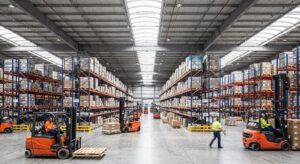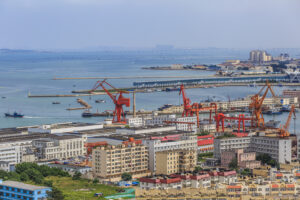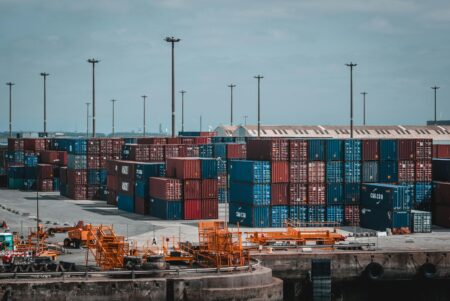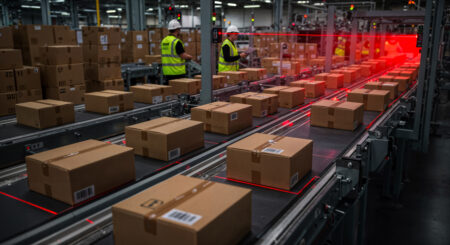India’s express logistics sector is set to double by 2030, but the real challenge lies in building a skilled, inclusive workforce to power sustainable growth and strengthen India’s global competitiveness.

Without workforce strategy, the $22 billion opportunity risks underdelivery
India’s express logistics industry is at a pivotal juncture. A KPMG study, commissioned by the Express Industry Council of India (EICI), projects the sector will nearly double to $18–22 billion by FY30, from about $9 billion in FY24-25. Beyond numbers, this means millions of new jobs and opportunities driven by e-commerce growth, MSME exports, and rapid digital adoption.
Yet, scaling at this pace raises tough questions: Who will drive this expansion? How ready is the workforce to take on the logistics of tomorrow? These questions resonate across the wider aviation and cargo ecosystem, which is closely tied to express growth through demand for reliable air capacity and service innovation.
The human capital gap
Express logistics is about people. Every shipment and every customer experience depends on the workforce. But the talent pipeline is under pressure. Attrition is high, skilled supervisors are scarce, and digital skills remain uneven.
KPMG estimates the industry could create 6.5–7.5 million jobs by 2030. The real challenge is not just jobs, but skills. As warehouses automate and AI reshapes supply chains, employees must be digitally confident. A delivery associate now needs as much comfort with an app as with physical handling.
Reskilling & upskilling for the future
Digital fluency is no longer optional. Frontline staff must use TMS and WMS tools effectively, while managers must turn data into insights. Problem-solving and communication are equally vital for tackling delays and shortages in real time.
Customer experience has become the ultimate differentiator, making adaptability and service orientation critical. Reskilling delivers dual benefits: better productivity and retention for businesses and stronger career paths for employees.
Inclusivity: The untapped potential
Only 12–15% of India’s logistics workforce is female, mostly in support roles. Expanding women’s participation in operations and leadership can unlock immense capacity. Similarly, opportunities for persons with disabilities, gig workers, and youth in smaller cities remain underutilized. Building safe infrastructure, flexible models, and supportive cultures will broaden and strengthen the talent pool.
Reimagining logistics careers
Logistics must be seen as a profession with purpose, not just a job. With mentorship, clear career pathways, and recognition, the sector can inspire pride and attract Gen Z, who seek meaningful work. Logistics powers global trade, livelihoods, and sustainability; stories worth telling.
Policy push, industry pull
Government policies like the National Logistics Policy and skilling programs provide a foundation. But industry must lead with academia, skill councils, and ed-tech collaborations to create standardized roles, apprenticeships, and logistics education. Without this, the $22 billion opportunity could remain unfulfilled.
The road ahead
The sector’s future won’t be defined by numbers alone, but by the people who power it. Reskilling, inclusivity, and workforce readiness are now the backbone of sustainable growth. With collective effort, India’s express logistics can set new benchmarks for how logistics drives communities, trade, and national progress.











